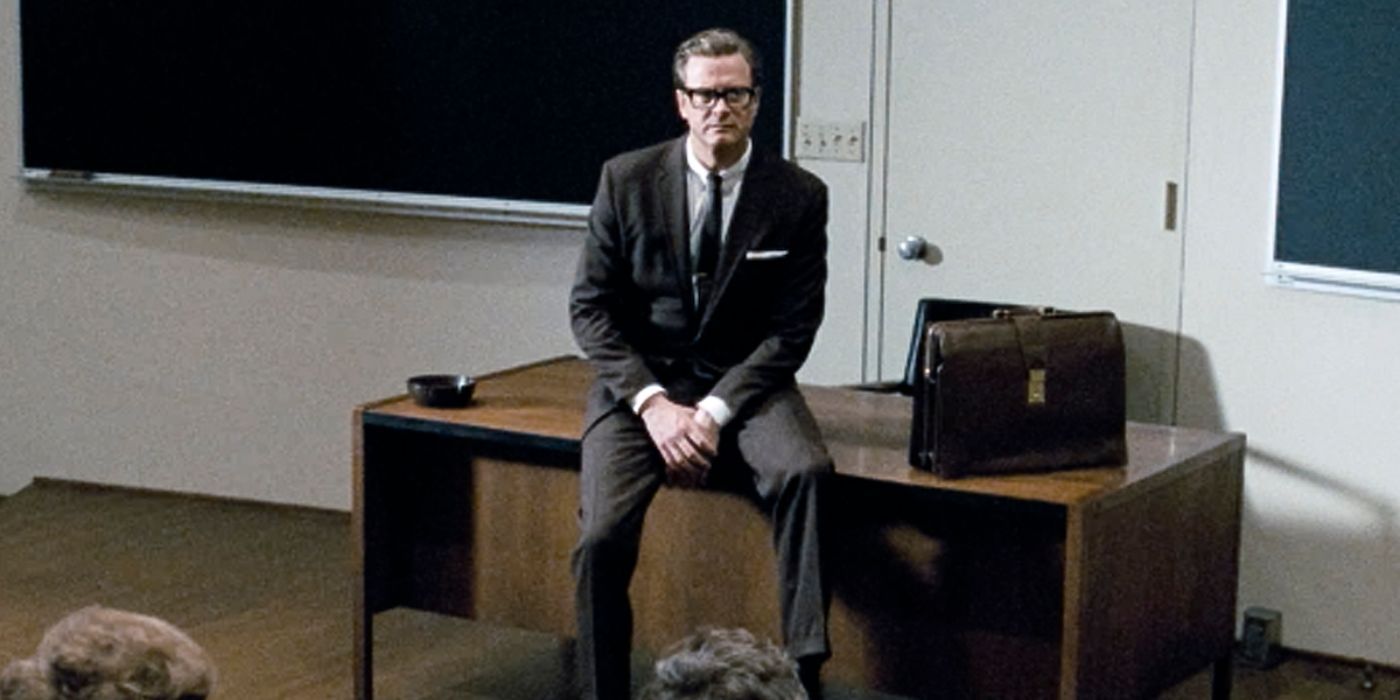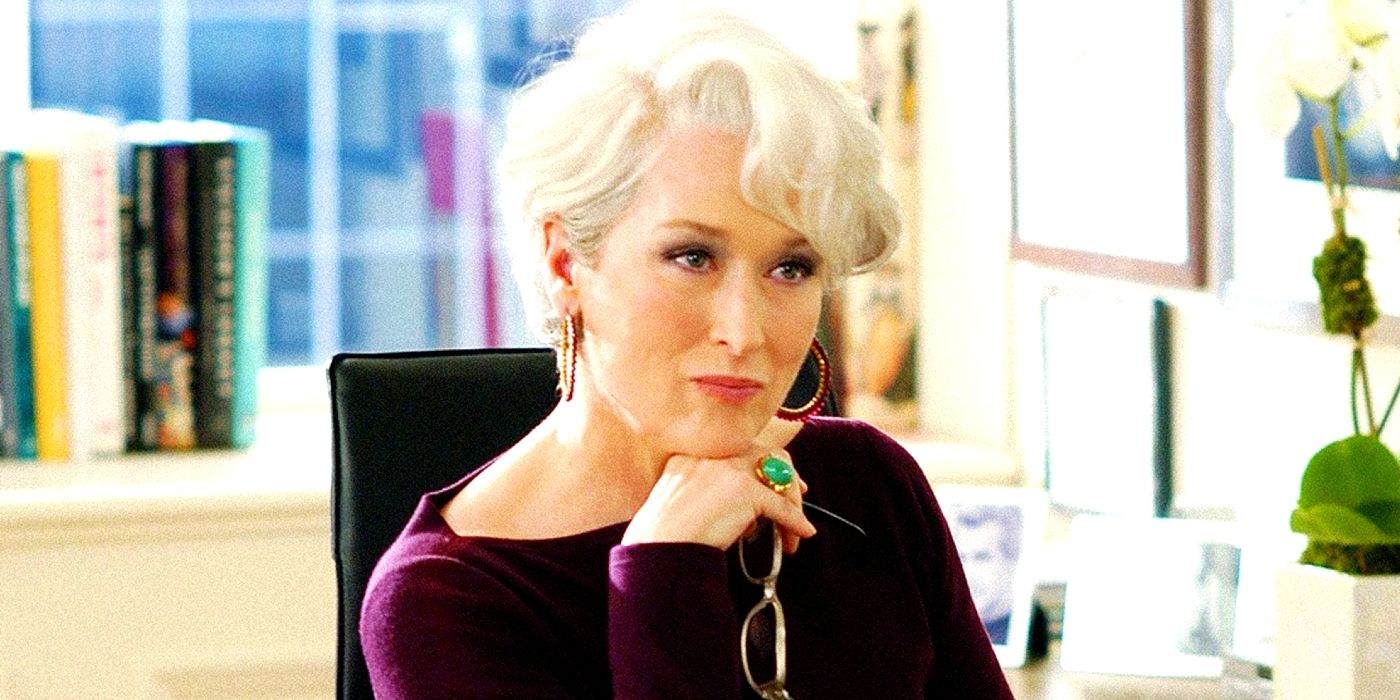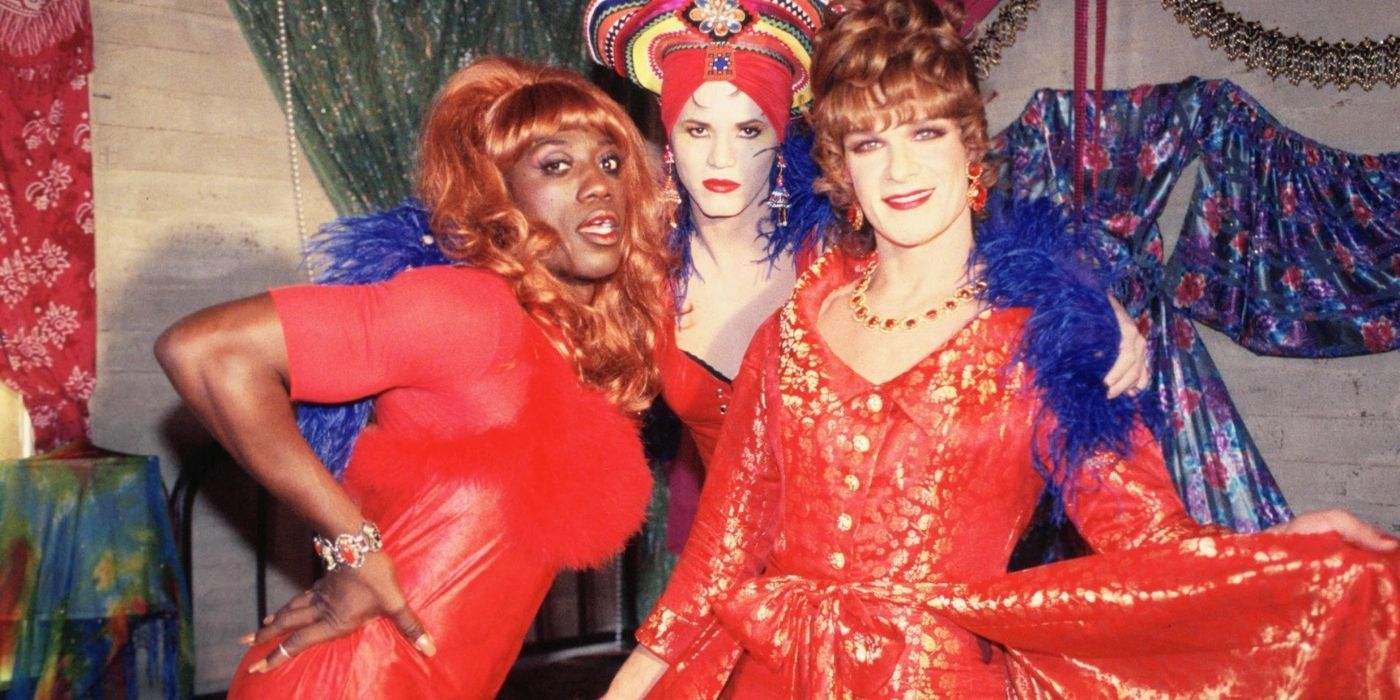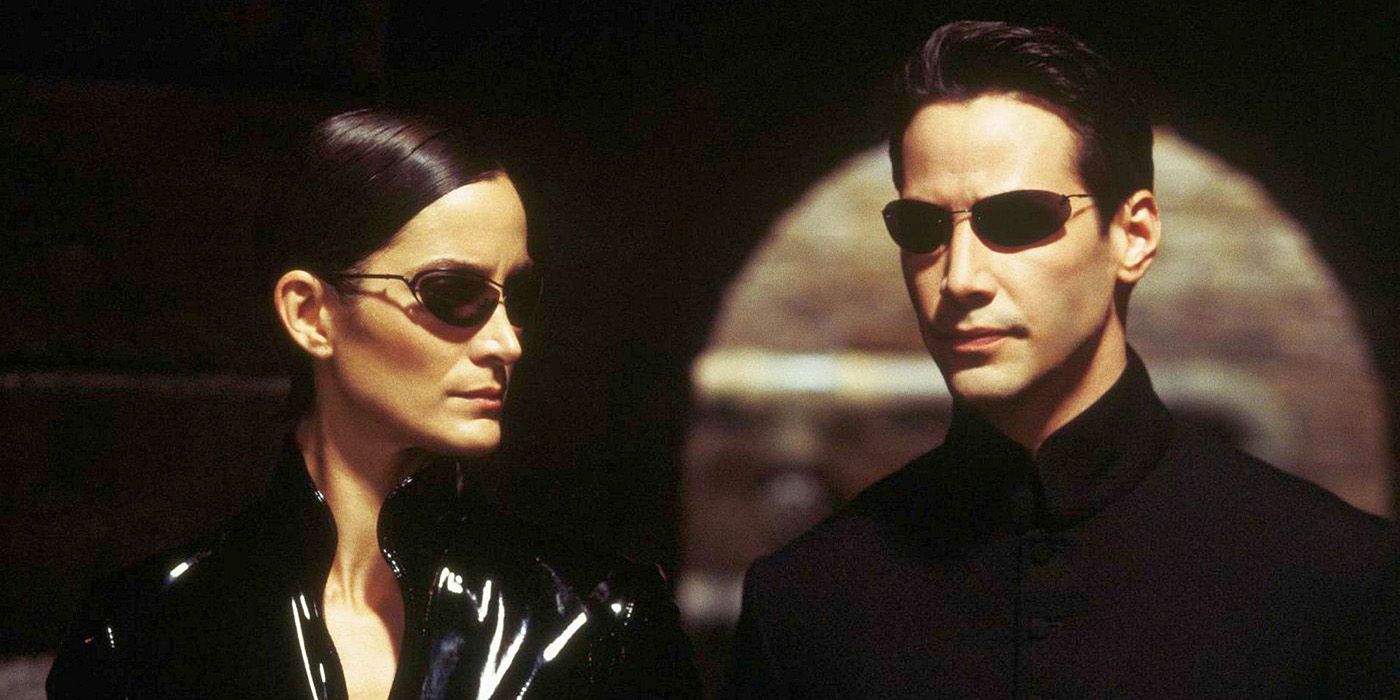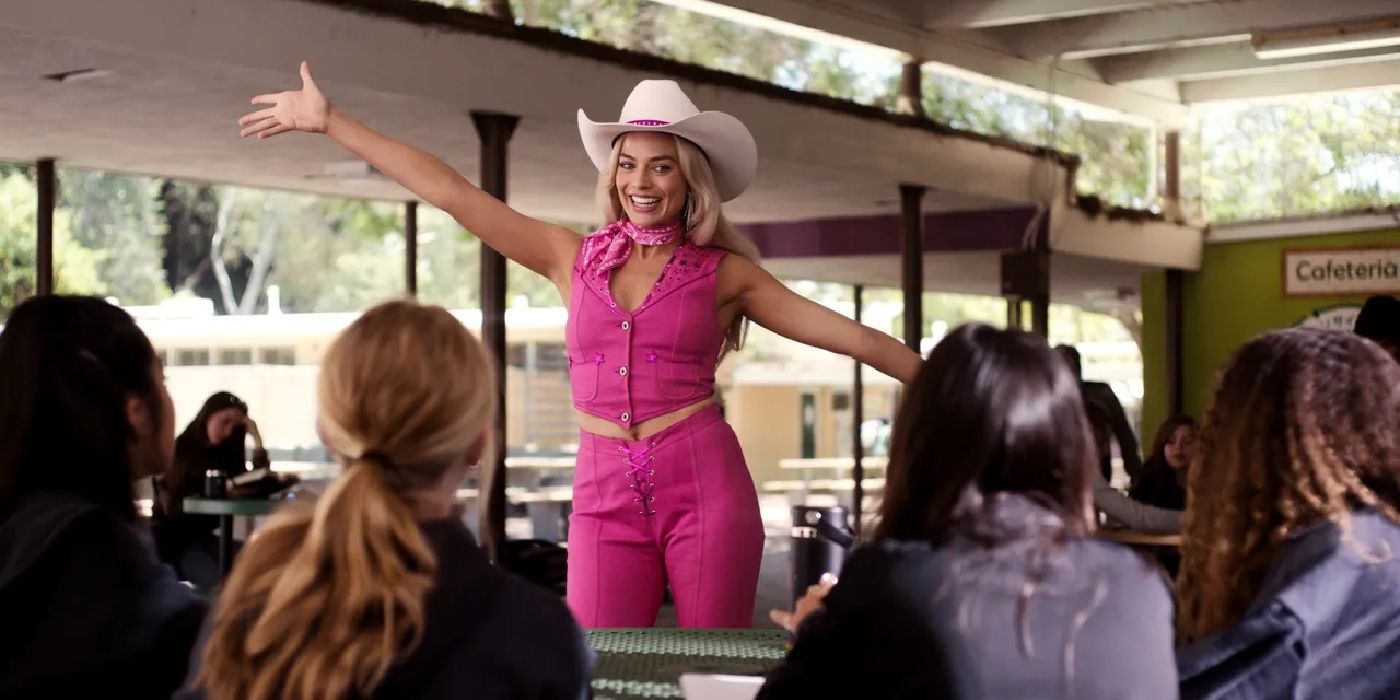
The Most Fashionable Movies of All Time

Exploring the iconic fashion moments in cinema history.
Cinema's Influence on Fashion
Movies possess the ability to kickstart various trends, from introducing new slang to popularizing music. Additionally, they have the capacity to establish remarkable fashion trends, influencing the attire of entire generations for years. From Audrey Hepburn's iconic little black dress in Breakfast at Tiffany’s to Julia Roberts’ thigh-high boots and mini dress in Pretty Woman, cinema has served as a catalyst for major shifts in style. As movies capture the cultural zeitgeist of the era, costume designers shape characters’ appearances in ways that resonate with viewers. After a film’s release, its impact reverberates through society as people emulate the fashions they admire on screen. Certain aesthetics stick and become cemented into the cultural consciousness, their longevity a testament to the power of movies. Whether it’s a period piece portraying the trends of bygone days or a contemporary story reflecting present-day tastes, fashion-forward films have the potential to inspire wardrobe choices for years beyond their debut. By sparking trends that stand the test of time, cinema has demonstrated its ability to influence the evolution of style across generations.
The intersection of film and fashion has given rise to timeless style icons and has shaped the way we perceive and express ourselves through clothing. In this article, we delve into the most fashionable movies of all time, each of which has left an indelible mark on the world of fashion. From androgynous ensembles to high fashion glamour, these films have redefined the way we view clothing and have inspired countless individuals to embrace their unique sense of style.
Iconic Fashion Moments in Cinema
From the androgynous fashion of "Annie Hall" to the high-fashion glamour of "Breakfast at Tiffany's," cinema has given birth to numerous iconic fashion moments that continue to influence style and trends. Let's take a closer look at some of the most fashionable movies of all time and the impact they have had on the world of fashion.
"Annie Hall" (1977) became an iconic fashion inspiration after its release, thanks in large part to Diane Keaton’s memorable costumes. Keaton's androgynous style, featuring oversized men’s blazers, wide-legged trousers, vests, neckties, and wide-brimmed hats, offered women a new kind of freedom of expression through fashion. This sparked a movement of relaxed, menswear-inspired looks among women, paving the way for a more fluid approach to fashion that still feels modern even decades later.
Annie Hall
"A Single Man" (2009) set a new standard for men's style, with director Tom Ford's meticulous attention to refined men's fashion through character George's immaculately-fitted suits and elegant casual wear. The film popularized slim-fitting menswear that appeared both timelessly classic yet modern, emphasizing fit over flash and shifting men's fashion toward sleek sophistication.
George sitting on a desk in front of a class in A Single Man
"The Devil Wears Prada" (2006) made the fashion industry exciting to outsiders, setting trends that permeated both high-fashion runways and office attire for years. The film emphasized fashion as self-expression and showcased the transformative power of fashion, emphasizing how style communicates confidence and demands respect, a valuable lesson for women climbing corporate ladders.
Meryl Streep resting her chin on her hand as Miranda Priestly in The Devil Wears Prada
Revolutionary Fashion Moments
From diversifying the fashion landscape to highlighting 1990s subcultures and their fashions, cinema has been a platform for revolutionary fashion moments that have reshaped the way we perceive and embrace style. Let's explore some of the groundbreaking fashion moments in cinema history and their enduring influence on the fashion industry.
"To Wong Foo, Thanks for Everything! Julie Newmar" (1995) showcased colorful costumes and diversified the fashion landscape, emphasizing fashion as a vehicle for self-expression beyond societal constraints. The film marketed drag fashion to the masses for the first time, paving the way for media highlighting fluid styles.
Noxeema, Chi-Chi, and Vida posing in To Wong Foo, Thanks for Everything! Julie Newmar
"The Matrix" (1999) made an unparalleled impact on futuristic fashion, dictating millennial subcultures from Goth to streetwear. Its enduring status cements it as the preeminent Genesis of postmodern science fiction fashion, with black leather trench coats and slim sunglasses becoming pop culture symbols.
Trinity and Neo wear sunglasses as Trinity looks at the stoic Neo
"Barbie" (2023) has already cemented its status as an iconic fashion movie even prior to its release. The eye-popping array of nostalgic Barbie-inspired looks from the Mattel archives, along with high fashion pieces pulled straight from the Chanel runways, highlight the film’s fashion-forward feel, celebrating fashion at its most experimental and promising to ignite new trends.
Stereotypical Barbie (Margot Robbie) posing in front of Sasha and her friends in the school cafeteria in Barbie

